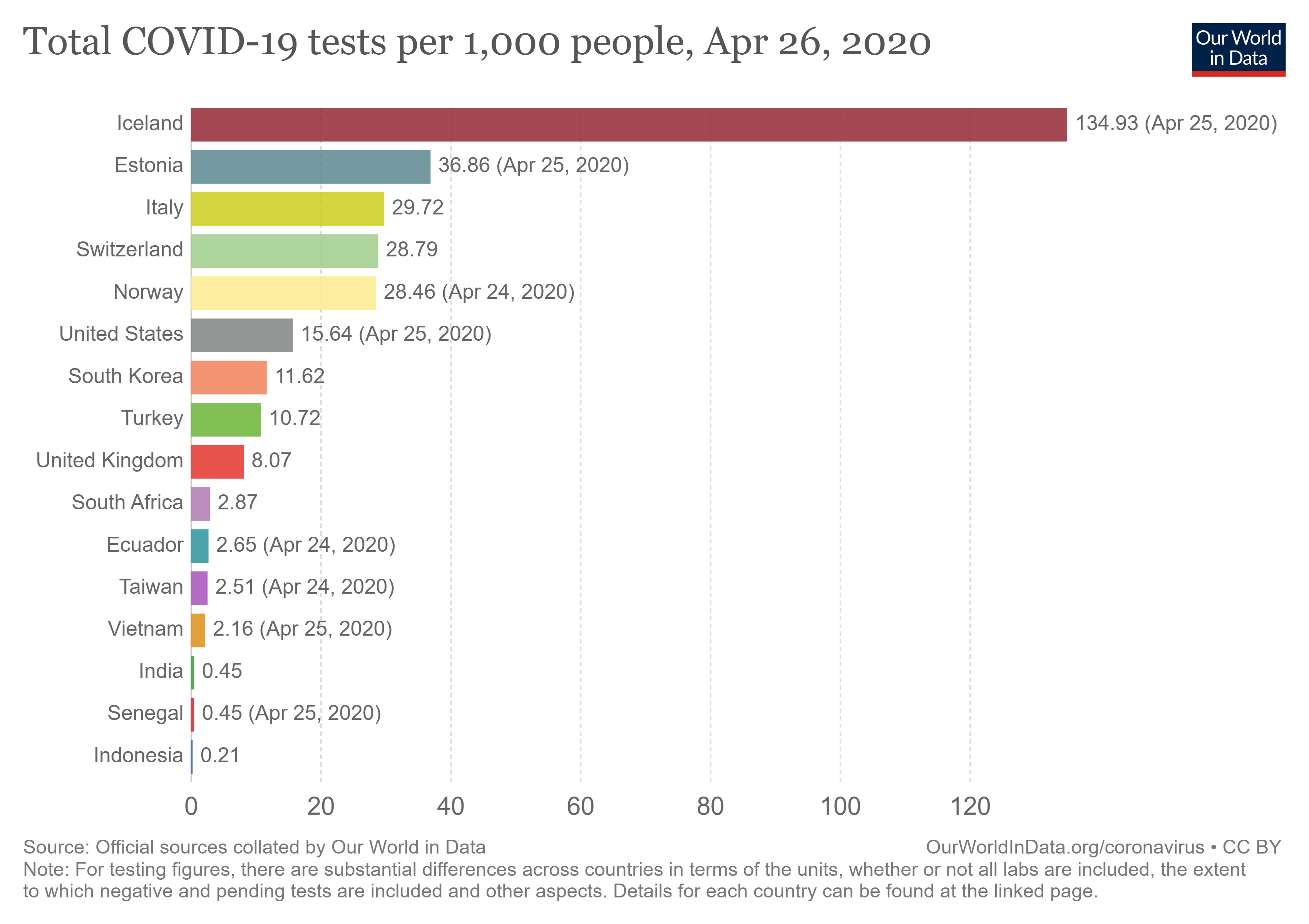This blog has been archived. A new one has been set up at this link.

ViiV Healthcare, a specialist in HIV treatments announced a £3 million fund for research and community-based projects. £1.5 million is for research on the impact of the coronavirus on people living with HIV and £1.5 million to support organisations providing services for people with HIV. Three priority areas include epidemiology and real-world data, healthcare systems management and biomarkers. Application deadline: 18 May.
The German research vessel Polarstern that was to have spent a year frozen in Arctic sea ice recording data to track climate change has been forced to leave its post. Restrictions on flying imposed as a result of the COVID-19 pandemic meant the ship’s research team could not be replaced by air as planned. Instead, the Polarstern had to break free of the ice and sail to Svalbard, Norway. The three week interruption comes at a critical time when the research team was supposed to collect data on the springtime melting of Arctic ice. The expedition is part of the Mosaic project, an international effort involving 20 countries.
The EU, together with the World Health Organisation (WHO), world leaders and health and research charities, is to organise a global fundraising campaign to amass the money needed to boost the development of diagnostics, therapeutics and vaccines against COVID-19. The pledging campaign will start on 4 May with the goal of raising €7.5 billion in initial funding. European Commission president Ursula von der Leyen told a web conference of world leaders organised by the WHO the money raised will help “ramp up” R&D efforts against COVID-19. “We need to develop a vaccine, produce it and deploy it in every single corner of the world,” she said.
The ’Our World in Data’ group at Oxford University has released an analysis of COVID-19 testing coverage per thousand people. No country knows how many people have been infected with COVID-19. All that is known is the infection status of those who have been tested, the true number of infections is much higher. There is no way to infer the true number of infections from testing data, but the number of tests per head of the population can help give a strong indication of the quality of a country’s data on the pandemic, the researchers say.

German biotech Artes Biotechnology and the UK/Finnish company Valo Therapeutics both announced they are working to develop potential COVID-19 vaccines. Artes will apply its virus-like particle technologies to prompt an immune response to the spike protein by which the virus invades host cells. Meanwhile, Valo will use its platform technology to coat an adenovirus vaccine vector that has been engineered to express coronavirus associated spike proteins, with peptides designed to elicit a T-cell immune response. Most of the vaccines in development against COVID-19 infection aim to promote an antibody response. Valo says a T-cell immune response is important because COVID-19 replicates particularly fast and it appears that by the time neutralising antibodies are produced, many cells in the lungs have already become infected and a T-cell response is needed to clear them.
Researchers modelling the effects of containment and social distancing measures implemented by the Italian government to prevent the spread of COVID-19 have shown transmission was reduced by 45 per cent in March. The number of hospital admissions was cut by 200,000 as a result. The model also suggests as many as 600,000 people may have been infected with the coronavirus in Italy by 25 March, including many asymptomatic cases, well above the official figure of 74,386.The research highlights the important role that infected but asymptomatic cases play in spreading the virus, pointing to the need for mass swab-testing campaigns to identify and isolate pre-symptomatic individuals. The geography of disease spread is modelled in 107 provinces and metropolitan areas – the most granular level of detail available - using census data from Italy’s National Institute of Statistics to estimate pre-epidemic mobility, and the findings of an independent study based on cell phone location data to ascertain the extent to which the government-imposed restrictions had reduced people’s movements.
German research minister Anja Karliczek has announced a plan to invest €150 million in a national university hospitals research network, to gather and analyse patient data and build a consensus on diagnostic and treatment strategies for COVID-19. Data from COVID-19 patients will also be analysed to compare how the virus impacts patients with different medical histories. In addition, the research network is intended to create a bridge between politics and research, with representatives from the ministry of Education & Research and the ministry of Health joining the task force. Policy makers will use findings from the network to guide decision making.
EIT Health has announced €6 million in funding for 14 rapid response health innovation projects across Europe, which are designed to provide healthcare services with better tools for managing the pandemic. In its rapid response initiative, EIT Health evaluated budgets for planned projects in 2020 and was able to reallocate funds to support ones that may assist in the fight against COVID-19. The 14 projects selected cover biotechnology, diagnostics, digital health and med tech, and will be run by 36 partners. Each will work directly with healthcare services as part of the consortia, to ensure products are in line with clinical needs and implemented without delay. They will all be completed by the end of 2020. They focus on the creation of faster and more effective COVID-19 diagnostics; clinical triaging so healthcare providers can identify patients who require care in hospital versus those who can be managed at home under remote supervision, and home monitoring, enabling healthcare professionals to monitor patients outside hospital and quickly detect any deterioration or worsening of symptoms.
Researchers at Oxford University are today starting a large, international study to evaluate the effects of COVID-19 in pregnancy. Evidence of the impact on mothers, foetuses and newborns is needed quickly and at scale to optimise pregnancy care, reduce maternal anxiety, inform decision-making about the allocation of resources, and guide the process toward social adaptation. Although it is generally believed that pregnant women with COVID-19 are at similar risk to the general population, there is limited data available, principally from small studies without controls. The researchers will be recruiting women who have been exposed and not-exposed to SARS-CoV-2 at any stage of pregnancy, and following them and their newborns until hospital discharge to quantify the risks associated with the exposure. Already over 60 medical institutions in 29 countries have agreed to participate and additional institutions are invited to join.
IBM is offering $200,000 in grants for developers to address three main areas where technology can help in responding to the COVID-19 pandemic. It interested in ideas for handling crisis communication during an emergency, ways to improve remote learning, and apps that enable local communities to cooperate. Application deadline: 31 July

 A unique international forum for public research organisations and companies to connect their external engagement with strategic interests around their R&D system.
A unique international forum for public research organisations and companies to connect their external engagement with strategic interests around their R&D system.